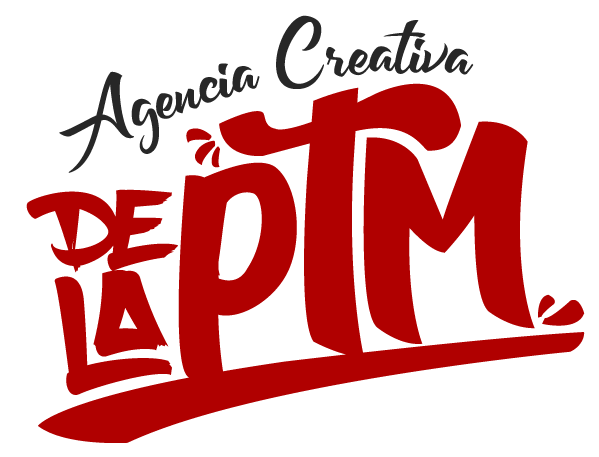Content
Sleep efficiency and the percent of slow-wave sleep are also reduced in early recovery. Sleep problems may continue for many months following alcohol withdrawal. Subjective sleep measures did not show improvement over 12 weeks in one longitudinal study (Cohn et al., 2003). Self-reported sleep quality improved over 4–6 weeks of treatment and all but two patients remained abstinent. Sleep disturbances are extremely common in the early stages of recovery from alcohol dependence and may persist for several months despite continued abstinence. Studies indicate that sleep disturbances independently increase the risk for relapse to alcohol, suggesting that targeting these problems during recovery may support continued abstinence.
Studies have shown that when you get up the next day, you may be less alert because of your drinking the night before, even though you no longer have alcohol left in your body. Eye movement increases, often seeming to jerk around, breathing increases and can be irregular and shallow, blood pressure increases and dreams begin. During this period, learning, memory, and processing functions of the brain are enhanced, affecting a person’s long-term memory capacity. There were no differences in sleep as measured by the PSQI between the three groups. Also, the three groups did not differ based on the number of drinking days, heavy drinking days or the number of drinks. Some people may resort to drinking alcohol as a sleep aid or agent that initiates sleep.
How does alcohol affect your sleep?
Alcohol is a muscle relaxant and relaxes the muscles in your upper airways, disrupting normal breathing. Drinking can be especially dangerous for people with obstructive sleep apnea, who wake up many times during the night as their airways momentarily collapse. But even if you thud into dreamland, there’s a good chance that too much alcohol will mean a fitful night of sleep. That’s because alcohol disrupts what’s known as your sleep architecture, the normal phases of deeper and lighter sleep we go through every night. A night of drinking can “fragment,” or interrupt, these patterns, experts say, and you may wake up several times as you ricochet through the usual stages of sleep.
Moderate drinking is loosely defined as up to two drinks per day for men and one drink per day for women. Heavy drinking means more than 15 drinks per week for men and more than eight drinks per week for women. Drinking alcohol in moderation is generally considered safe but every individual reacts differently to alcohol. As a result, alcoholic insomnia alcohol’s impact on sleep largely depends on the individual. Consuming certain substances, such as alcohol, can disrupt sleep schedules. The clinical services offered through this website are provided by Bicycle Health Medical Group, PA and Bicycle Health Provider Group Inc., that are independent, physician-owned medical groups.
Your Sleep Foundation Score™ has been calculated!
Alcohol has sedative effects that can induce feelings of relaxation and sleepiness, but the consumption of alcohol — especially in excess — has been linked to poor sleep quality and duration. People with alcohol use disorders commonly experience insomnia symptoms. Studies have shown that alcohol use can exacerbate the symptoms of sleep apnea.
Carbamazepine is an anticonvulsant which is thought to treat acute alcohol withdrawal (Malcolm et al., 2002). Two studies have measured the impact of carbamazepine on sleep in patients with alcohol dependence. Zopiclone is a non-benzodiazepine benzodiazepine receptor agonist that is currently unavailable in the USA. An enantiomer of zopiclone; eszopiclone is available in the USA and is FDA approved for the treatment of insomnia.
Insomnia And Withdrawal
These findings contrast with lack of REM sleep abnormalities reported in 2 other studies, as compared to healthy control subjects (Williams and Rundell, 1981, Schiavi et al., 1995). The study involved 4,970 community-dwelling adults ages 55 and older from the 2004 wave of the Health and Retirement Study who reported having ever https://ecosoberhouse.com/ consumed alcohol, and who had completed all binge drinking and insomnia-related questions. Participants reported the number of days on which they had “four or more drinks on one occasion” in the prior three months. Responses were used to calculate the mean number of binge drinking days per week, which was the primary predictor.
How long after quitting alcohol does sleep improve?
After one week away from alcohol, you may notice that you are sleeping better. When you drink, you typically fall straight into a deep sleep, missing the important rapid eye movement (REM) sleep.


